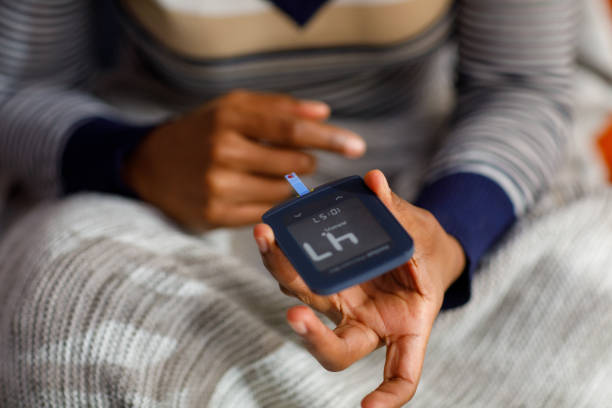Researchers from the Indiana University School of Medicine have identified a promising new approach that could help prevent or slow the progression of Type 1 diabetes. The strategy involves targeting a protein linked to inflammation, tyrosine kinase 2 (TYK2), which plays a key role in driving the autoimmune response behind the disease.
Published recently in eBioMedicine, the study suggests that this method could support clinical trials of an existing FDA-approved drug—currently used to treat psoriasis—as a potential therapy for Type 1 diabetes.
Type 1 diabetes is a chronic autoimmune condition in which the immune system mistakenly attacks insulin-producing beta cells in the pancreas. This leads to elevated blood sugar levels and necessitates lifelong insulin therapy and careful monitoring to prevent serious health issues.
In both human cell studies and mouse models, the researchers demonstrated that blocking the inflammatory signaling through TYK2 reduced pancreatic inflammation. This not only preserved the function of beta cells but also lessened the immune system’s attack on them. The findings offer a new avenue for repurposing an already-approved psoriasis medication to potentially benefit those with Type 1 diabetes.
“Our study showed that targeting TYK2 could be a powerful way to protect insulin-producing beta cells while calming inflammation in the immune system at the same time,” said Carmella Evans-Molina, MD, PhD, co-author of the study and director of the Indiana Diabetes Research Center and the Eli Lilly and Company Professor of Pediatric Diabetes at the IU School of Medicine. “This finding is exciting because there is already a drug on the market that does this for psoriasis, which could help us move more quickly toward testing it for Type 1 diabetes.”
Previous genetic studies have shown that individuals with naturally reduced TYK2 activity have a lower risk of developing Type 1 diabetes. This evidence further supports the researchers’ strategy of using TYK2 inhibition as a potential treatment approach.
“Our preclinical models suggest that the treatment might work in people as well,” said Farooq Syed, PhD, lead researcher and assistant professor in the Department of Diabetes-Immunology at the Arthur-Riggs Diabetes and Metabolic Research Institute of the City of Hope. “The next step is to initiate translational studies to evaluate the impact of TYK2 inhibition alone or in combination with other already approved drugs in individuals at-risk or with recent onset Type 1 diabetes.”
Syed carried out the research while working in the Evans-Molina lab at the Center for Diabetes and Metabolic Diseases and the Herman B Wells Center for Pediatric Research at the Indiana University School of Medicine. The study was a collaborative effort between the Evans-Molina lab and Decio Eizirik, MD, PhD, a professor at the Université Libre de Bruxelles Center for Diabetes Research, along with other international partners. The team hopes their findings will pave the way for future clinical trials to safely evaluate the effectiveness of a new drug or drug combination in humans.
Other IU researchers comprise Chih-Chun Lee, Jyoti Rana, Preethi Krishnan, Staci A. Weaver, Garrick Chang, Namratha Shivani Chalasani, Kara Orr and Jamie L. Felton. Also among the researchers are Olivia Ballew, Stephane Demine and Donalyn Scheuner from the Indiana Biosciences Research Institute; Angela Castela, Maria Ines Alvelos and Alexandra Coomans de Brachène of the ULB Center for Diabetes Research; Sofia F. Thomaidou and Arnaud Zaldumbide of Leiden University Medical Center; Lorella Marselli and Piero Marchetti of University of Pisa; and Jing Liu of Purdue University.





